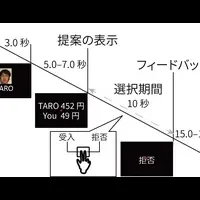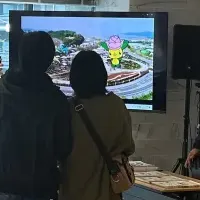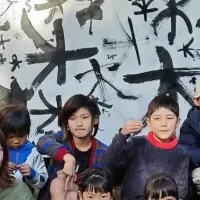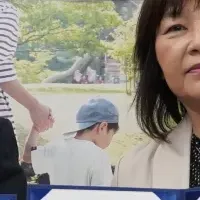
Global South Dialogue: Fostering Cooperation Between China and Latin America
Global South Dialogue: Fostering Cooperation Between China and Latin America
In a significant event, the "Global Times Overseas China Week and Global South Dialogue: Roundtable Forum of China-Latin America and the Caribbean (LAC) countries" took place in Rio de Janeiro, Brazil. This gathering, which occurred on June 28, 2025, witnessed active participation from representatives of governmental, academic, media, and business sectors from both China and the LAC region. The primary aim was to foster a dynamic exchange of perspectives and explore broad themes like cultural cooperation, technological advancements, and green development.
The roundtable was marked by insightful discussions that revolved around deepening the cultural exchange and mutual understanding among civilizations, especially in light of the profound changes impacting global dynamics. It served not only as a platform for dialogue but also represented a milestone in the ongoing collaboration between China and Latin American nations.
Key Discussion Points
One of the highlights of the forum was the presentation of a mutual perception survey, conducted by the Global Times Research Institute (GTI). This survey aimed to uncover the impressions and perceptions of individuals from China towards their counterparts in Latin America, addressing the growing curiosity and interest between these regions. As the ties between China and LAC countries strengthen, such dialogues are vital in nurturing a robust foundation for future cooperation.
According to President Xi Jinping's speech delivered at the fourth ministerial meeting of the China-CELAC Forum earlier this May, both regions are embarked on a path as a community with a shared future. This sentiment was echoed throughout the roundtable discussions, stressing the importance of collaborative approaches in addressing both opportunities and challenges facing the Global South.
Significance of Cultural Exchange
Cultural exchange and mutual learning were emphasized as essential pillars in enhancing the relationships between China and Latin America. The forum highlighted that despite the geographic distances, a shared aspiration for collaboration exists. Participants noted that initiatives such as the Belt and Road Initiative are instrumental in fostering deeper connections, ultimately aiming to promote mutual benefit and understanding across cultures.
Marcio Pochmann, President of the Brazilian Institute of Geography and Statistics, pointed out the shifting global landscape, advocating for a new understanding of identity and cooperation rooted in mutual respect and equal dialogue. This perspective is crucial in overcoming long-standing stereotypes and enhancing interactions through genuine engagement between the two regions.
Green Development and Technological Cooperation
With climate change being a pressing global issue, the dialogue also explored strategies for green development and scientific collaboration. Participants acknowledged that Latin America possesses abundant natural resources while China holds advanced technological expertise, particularly in renewable energies, which could be harnessed for mutual benefit. By aligning their strengths, both regions can navigate the challenges posed by climate change and promote sustainable development.
Orlando Silva, Brazilian Federal Deputy, noted the necessity for collaborative innovation to find effective solutions tailored to local contexts. The alignment of technological capabilities and resource availability between China and LAC countries could lead to sustainable and inclusive growth, benefiting communities across both regions.
Strengthening Collaborative Mechanisms
The forum concluded with a renewed commitment to enhance collaboration across various sectors, recognizing the crucial role that media and think tanks play in bridging gaps of misunderstanding and misinformation. Journalists and scholars alike emphasized the need for deeper integration and cooperation on ideological and cultural levels, which are essential for fostering resilient economic and trade relationships.
Elias Jabbour, an associate professor, underscored the importance of discourse power as a tool for governance and cooperation, suggesting that both sides should work towards narratives that reflect their shared values and aspirations. By cultivating a platform for these exchanges, participants highlighted the potential for generating common ground and advancing collective goals.
Conclusion
The Global South Dialogue forum represents a significant step toward enhancing ties between China and Latin America, reflecting the shared aspirations and challenges that both regions face in an ever-evolving global landscape. By continuing to foster understanding, cultural exchange, and sustainable cooperation, China and LAC countries can chart a course toward a more inclusive and mutually beneficial future. The embrace of collaborative initiatives in education, technology, and culture resonates strongly, reiterating the importance of unity and partnership in navigating the complexities of modern global challenges.
Topics People & Culture)










【About Using Articles】
You can freely use the title and article content by linking to the page where the article is posted.
※ Images cannot be used.
【About Links】
Links are free to use.